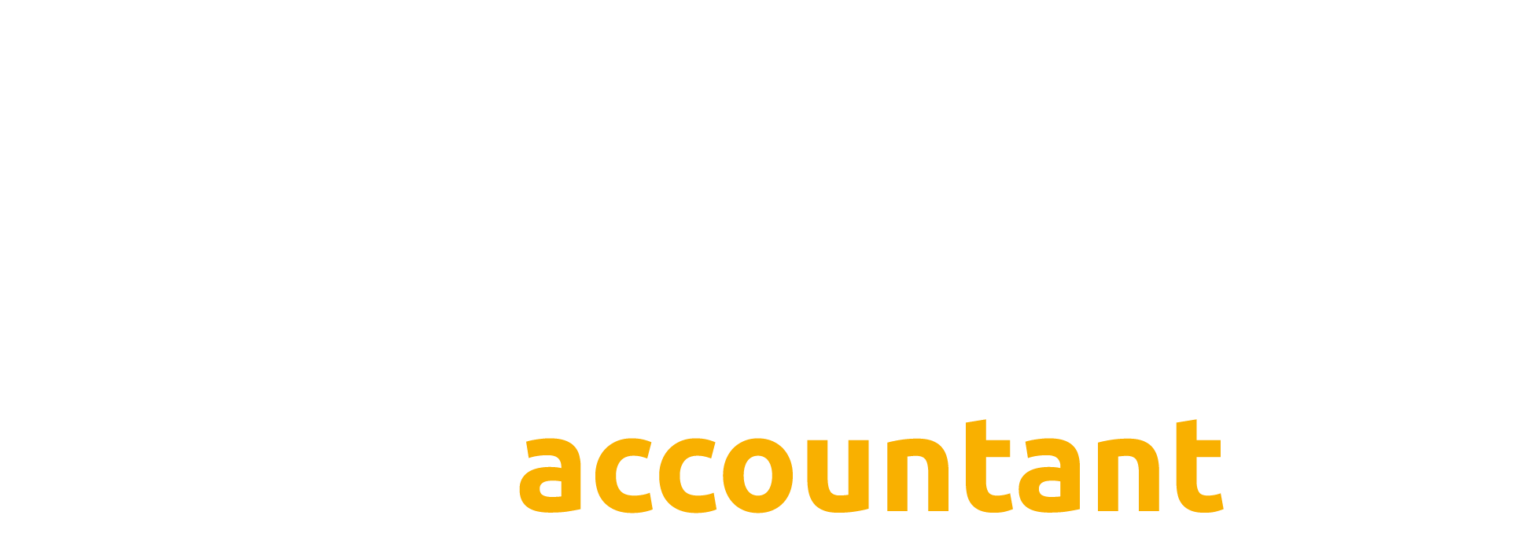Blog
- Blog
- Record Keeping
A COMPREHENSIVE GUIDE
Record Keeping for Self-Employed and Small Businesses
Being self-employed or running a small business means you're the boss of everything. From making sales to handling finances, it's all on your plate. But amidst the hustle, one thing that often gets overlooked is keeping proper records of your business transactions. In this guide, we'll delve into why record-keeping matters, what documents you need, how to keep them organized, and common mistakes to avoid.
1. Why Keep Records?
4. Traditional vs. Modern Methods
2. Documents Needed
5. Tips for Good Record-Keeping
3. Helpful Resources
6. Common Mistakes to Avoid
1. Why Keep Records?
- Here's why it's crucial:
When tax season rolls around, having accurate records makes filing taxes a breeze. You'll know exactly how much you earned and spent, making it easier to report to the tax authorities.
Understanding where your money goes is vital for managing your business effectively. With proper records, you can track your income, expenses, and cash flow, helping you make informed decisions.
While it's not mandatory for small businesses to keep records, it's highly recommended. In case of an audit or any queries from authorities like the IRAS, having organized records will save you a lot of headaches.
HOW WE PROCESS?
HOW WE PROCESS?
2. Essential Documents You Need
Now that you know why record-keeping is essential, let's talk about the documents you'll need to maintain.
- These are the building blocks of your business records:
Every time you make a sale, issue a sales invoice to your customer. It should include details like the item sold, quantity, price, and date of the transaction.
Keep receipts for all your business expenses, whether it's buying supplies, paying bills, or traveling for work. These receipts serve as proof of your business expenses and are crucial for tax deductions.
Your bank statements provide a record of all your financial transactions, including deposits, withdrawals, and payments. Make sure to reconcile your bank statements regularly to ensure accuracy.
Maintain a list of your assets (things you own) and liabilities (things you owe). This includes items like equipment, inventory, loans, and debts.
Depending on your business, you may need additional documents like contracts, agreements, or permits. Keep these organized along with your financial records.
3. Helpful Resources
If you're new to record-keeping or need guidance, there are plenty of resources available to assist you.
- Here are some examples:
Government agencies like the IRAS provide valuable information and resources for small businesses. Check their website for guides, templates, and tools related to record-keeping and tax compliance.
Take advantage of online accounting software and tools designed for small businesses. These platforms often offer features like invoicing, expense tracking, and financial reporting to streamline your record-keeping process.
HOW WE PROCESS?
HOW WE PROCESS?
4. Ways to Keep Records: Traditional vs. Modern
You have two main options: traditional methods and modern technology.
- Now let's explore how you can keep your records organized.
This method involves manual entry of transactions into ledgers or journals. Here's how it works:
- Write down each transaction in a physical book or ledger, including details like date, description, and amount.
- Keep supporting documents like invoices and receipts filed neatly for reference.
- Make copies of receipts to prevent them from fading over time.
- Create payment vouchers for cash transactions if you don't receive a receipt from the supplier.
With advancements in technology, many businesses are opting for digital record-keeping solutions. Here's why:
- Use accounting software or apps to record transactions digitally. These tools offer features like automatic categorization, bank integration, and real-time reporting.
- Scan or photograph receipts and documents and store them electronically for easy access.
- Digital records can be backed up securely online, reducing the risk of loss or damage.
5. Tips for Good Record-Keeping
Now that you know how to keep records, here are some tips to help you maintain accurate and organized records.
- Let's explore the tips:
Create a filing system that's easy to understand and navigate. Label folders or categories clearly to make finding documents a breeze.
Deposit your cash sales into your bank account regularly to keep track of your income accurately.
Record transactions promptly rather than waiting until the end of the month. This prevents a backlog of entries and ensures accuracy.
Keep your personal and business finances separate to avoid confusion and simplify record-keeping.
Whenever possible, cross-reference documents to ensure accuracy. For example, note the check number on an invoice when recording a payment.
Mistakes happen, so always double-check your records for accuracy before finalizing them.
As per IRAS guidelines, it's essential to retain your business records for a minimum of five years for audit purposes.
HOW WE PROCESS?
HOW WE PROCESS?
6. Common Mistakes to Avoid
Finally, let's discuss some common mistakes that self-employed individuals and small businesses often make when it comes to record-keeping.
- You must avoid these mistakes:
Failing to separate personal and business expenses can complicate your record-keeping and lead to errors.
Waiting too long to update your records can result in missing or inaccurate information, making it harder to track your finances.
Always keep copies of your receipts, invoices, and other documents. Without proper documentation, it's challenging to substantiate your business expenses.
CONCLUSION
Record-keeping may seem daunting at first, but with the right approach and tools, it becomes more manageable. Whether you prefer traditional methods or embrace modern technology, the key is to stay organized and consistent. By following the tips outlined in this guide and avoiding common mistakes, you’ll be well-equipped to manage your business finances effectively. So, gather your documents, set up your systems, and start keeping records like a pro!

